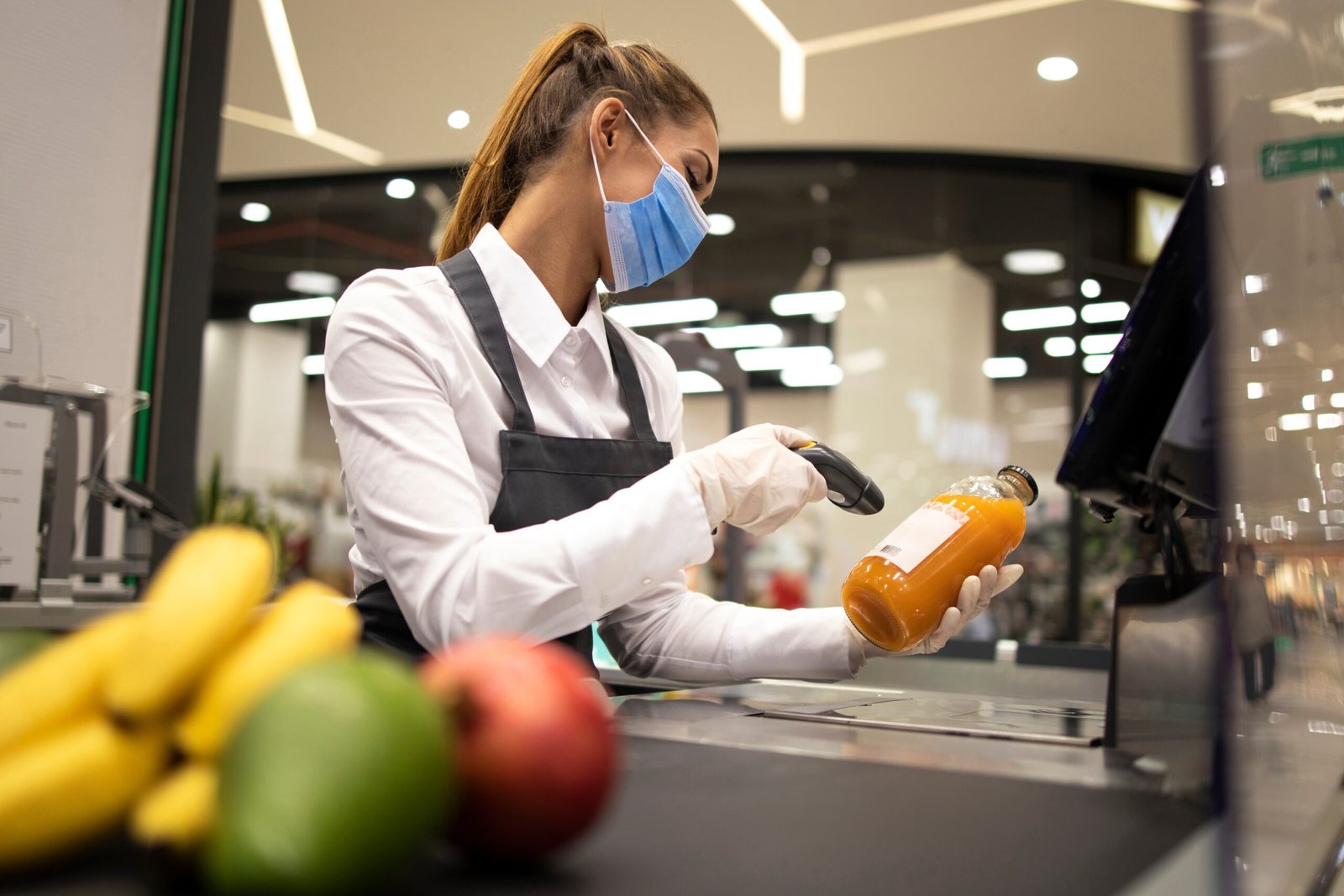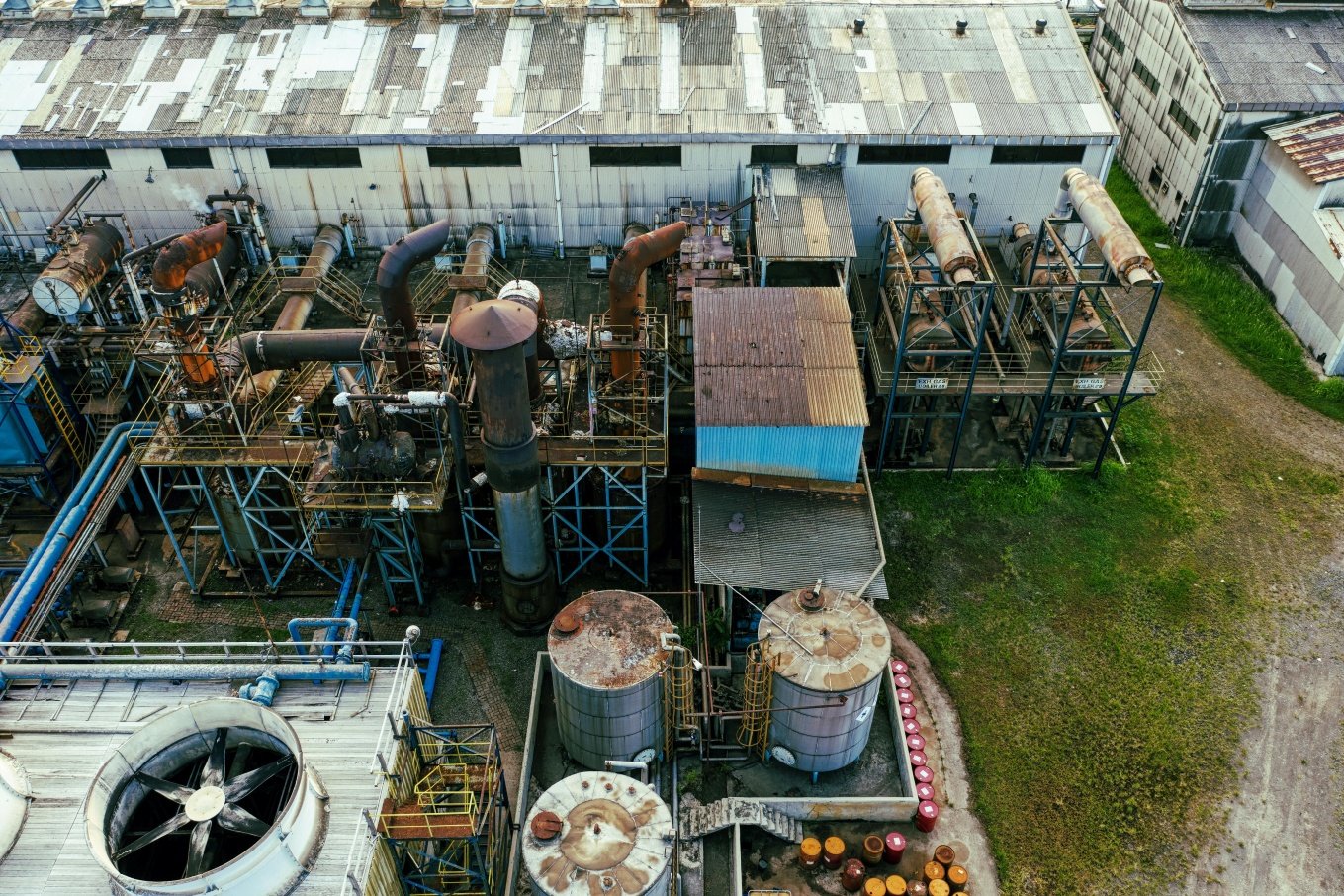What’s the Difference Between GMP and cGMP – and Why Does It Matter?
If you’re in the food, pharmaceutical, cosmetic, or supplement industry, you’ve likely heard of GMP and cGMP. While they sound similar, there’s a critical distinction that impacts how your facility is inspected, managed, and trusted by global customers.
Understanding the difference between GMP (Good Manufacturing Practice) and cGMP (Current Good Manufacturing Practice) is essential for compliance and credibility.

What Is GMP?
-
Refers to a system of practices, procedures, and documentation that ensure product quality and safety
-
Provides baseline standards for manufacturing, packaging, labeling, and storage
-
Adopted globally across many industries (food, pharma, supplements, cosmetics)
-
Focuses on hygiene, traceability, validation, documentation, and training
What Is cGMP?
-
The “c” stands for current, meaning up-to-date practices must be followed
-
Mandated by regulatory bodies like the U.S. FDA and referenced in EU and WHO regulations
-
Reflects the need for continual improvement and adaptation to new technology
-
Encourages manufacturers to stay updated with modern science, equipment, and data-driven quality controls
Key Differences Between GMP and cGMP
✅ Focus
-
GMP: Basic compliance and consistent manufacturing practices
-
cGMP: Dynamic system requiring regular updates and improvements
✅ Regulatory Emphasis
-
GMP: Often used in traditional or local compliance frameworks
-
cGMP: Legally enforced by regulators like the FDA, especially in pharmaceuticals
✅ Technology Use
-
GMP: Allows use of older equipment if compliant
-
cGMP: Requires use of modern technology where available and effective
✅ Documentation
-
GMP: Standardized forms and logs
-
cGMP: Real-time data collection, electronic records, and trend analysis
✅ Inspections
-
GMP: Checked for basic procedural adherence
-
cGMP: Audited for continual improvement, risk management, and process control
✅ Risk Management
-
GMP: Addresses known risks
-
cGMP: Proactively identifies and mitigates emerging risks through preventive controls
✅ Training
-
GMP: Ensures all staff are trained
-
cGMP: Requires ongoing competency assessments and updated training

Why It Matters for Your Business
-
Global Market Access: cGMP is often a prerequisite for exporting to regulated markets like the U.S., EU, and Japan
-
Brand Reputation: Demonstrates commitment to quality beyond the minimum standard
-
Audit Preparedness: Helps avoid penalties, recalls, or shutdowns during inspections
-
Customer Confidence: Buyers and consumers prefer suppliers who follow cGMP standards
-
Regulatory Compliance: In pharmaceuticals, cGMP is legally required for product approval
How CAYS Scientific Can Support You
At CAYS Scientific, we help manufacturers:
✅ Understand and implement cGMP principles
✅ Upgrade from basic GMP to modern, compliant systems
✅ Train your team on risk-based thinking and digital tools
✅ Align with ISO 22000, FSSC 22000, and HACCP frameworks for integrated compliance
📞 Contact CAYS Scientific today to make sure your facility is not just GMP compliant—but cGMP ready.


